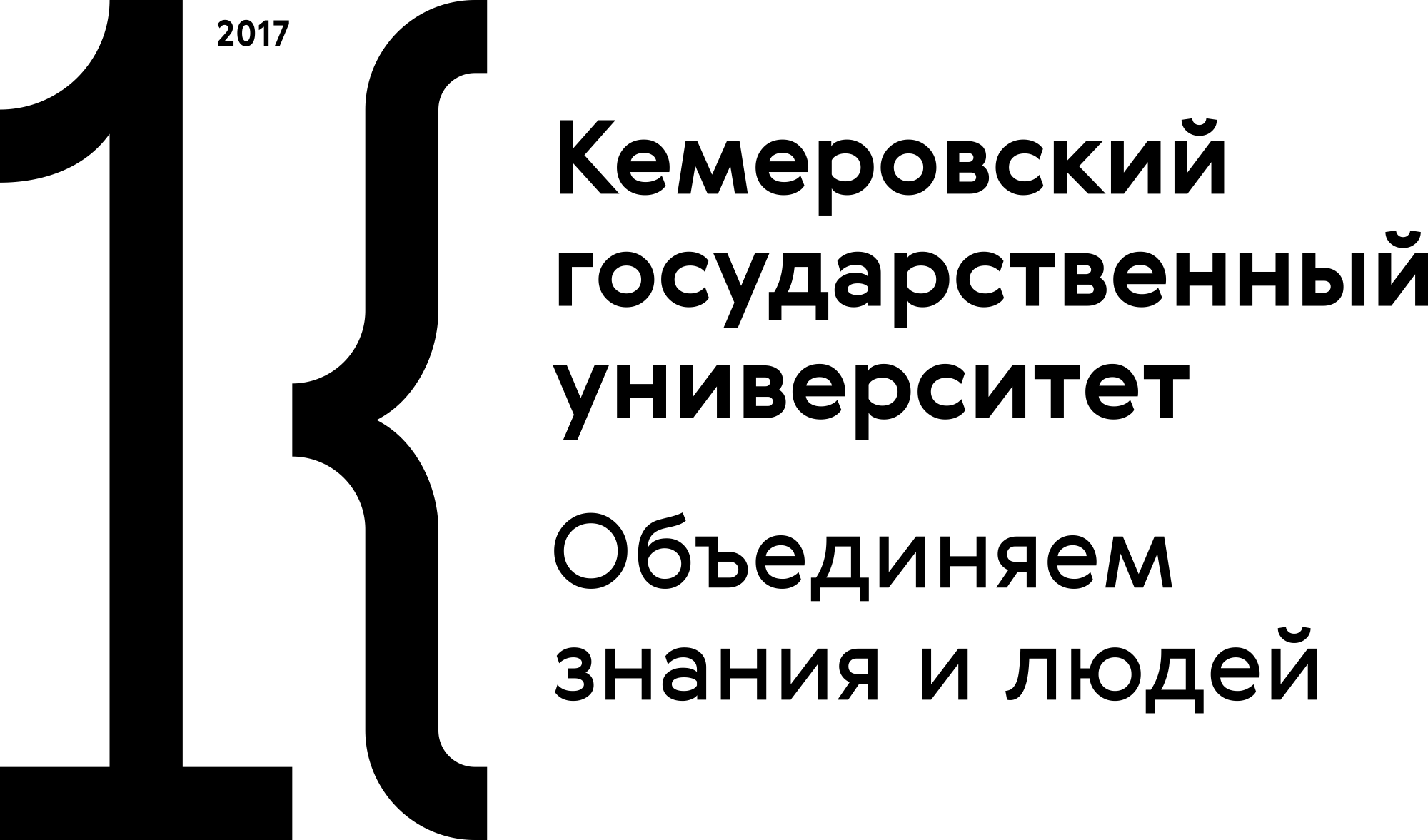Russian Federation
UDC 32
The article deals with the intermediate results of the use of a set of Russian political strategies and technologies in the Ukrainian direction of Foreign Policy since Ukraine gained independence. The research takes into account the peculiarities of the political development of Ukraine. The research objective was to identify the prerequisites, characteristics, and consequences of the Ukrainian political crisis at the turn of 2013–2014 and the resulting political regime and order. A systematic approach and comparative analysis made it possible to formulate a general assessment of the political situation in Ukraine following the so-called "the Revolution of Dignity". On the basis of formal-logical analysis, the author substantiated the need for a comprehensive audit of the amount of Russian technologies through the application of system analysis to certain political circumstances. The author substantiated the increasing role of political technologies of pro-active character in the situation of deep crisis of previously effective political institutions, mechanisms, and norms. The resonant nature of such technologies made it possible to link the latter with the political reflection on the place and role of Ukraine in the system of Russian Foreign Policy, as well as on the peculiarities of the Ukrainian political process and the nature of its political system. The author generalized the experience of Russian influence on the mentioned Ukrainian events and defined the general conditions that can allow Russia to affect a changeable political situation in the post-Soviet countries, taking into account the inconsistency of modern political trends. The scope of the results can be used in the spheres of foreign policy, public administration, and public policy.
political technology, political strategy, system approach, post-Soviet space, development crises, Ukraine, post-crisis regulation, political reflection, Pro-active approach
1. Matveichev O. A. Tail wagst dog: the sum of political technology. Moscow: Algoritm, 2008, 637. (In Russ.)
2. Žižek S. Blasphemische Gedanken: Islam und Moderne. Berlin: Ullstein, 2015, 67.
3. Corcuff Ph., Accardo A. La Sociologie de Bourdieu: Textes choisis et commentés. Paris: Le Mascaret, 1986, 223.
4. Goddard B. Political decision support campaigns. Political counseling handbook, ed. Perlmatter D. D. Moscow: INFRA-M, 2002, 211-220. (In Russ.)
5. Gomerov I. N. The structure and properties of power. Novosibirsk: SibUPK, 2000, 231. (In Russ.)
6. Abramov Iu. F., Bondarenko O. V. Synergy-homeostatic approach to the problem of safe sustainable development of the region. Irkutsk: Irkutskii gos. un-t, 2002, 56. (In Russ.)
7. Danilov Iu. A., Kadomtsev B. B. What is synergetics? Nonlinear waves. Self-organization, eds. Gaponov-Grekhov A. V., Rabinovich M. I. Moscow: Nauka, 1983, 30-43. (In Russ.)
8. Vershinin L. R. Euromaidan. Who destroyed Ukraine? Moscow: Algoritm, 2014, 208. (In Russ.)
9. Prokopenko I. S. The whole truth about Ukraine. Who benefits from the split in the country? Moscow: Algoritm, 2015, 206. (In Russ.)
10. Zhiltsov S. S. Ukraine: 20 years of independence. Moscow: Vostok-Zapad, 2012, 336. (In Russ.)
11. Kara-Murza S. G. Revolution for export. Moscow: Eksmo, 2004, 327. (In Russ.)
12. Darenskii V. Causes of mass nationalism in the contemporary Ukraine. Free Thought, 2016, (5): 39-52. (In Russ.)
13. Stavitskii A. V. Ukrainian elite: identity and geopolitical choice. Sevastopol: Ribest, 2013, 208. (In Russ.)
14. Aksenenko S. I. The last refuge. Why Kolomoisky needs Ukraine. Moscow: Algoritm, 2014, 180. (In Russ.)
15. Biryukov S. V., Andreev A. V. The Ukrainian crisis of Russian politics. To the revision of political technology. Voprosy politologii, 2017, (4): 215-222. (In Russ.)
16. Biryukov S. V., Andreev A. V. The information revolution, political resonance and problems of the managing of public sphere. Etnosotsium, 2014, (12): 80-85. (In Russ.)

















